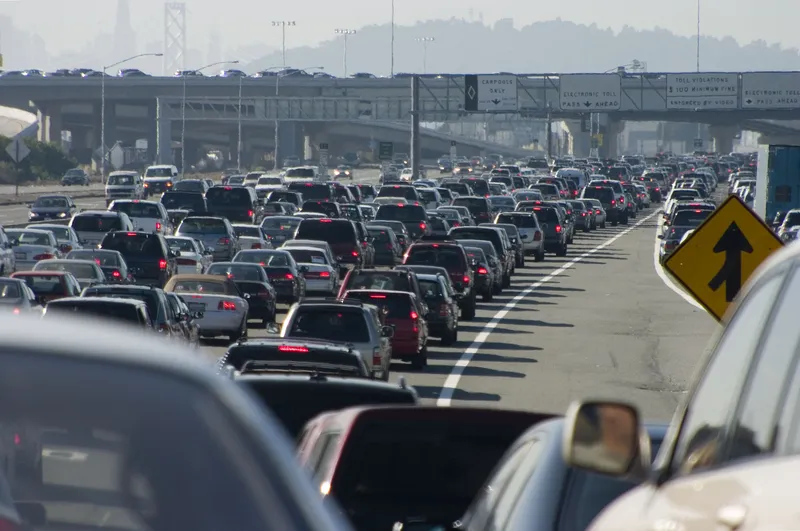Traffic Tech (Gulf), currently the sole provider of parking management systems (PMS) at The Pearl, in Qatar, has been awarded two new PMS contracts to be implemented at Medina Centrale and Qanat Quartier Districts. The company will supply, install, commission, operate, and maintain complete car parking systems with revenue control and management systems in ten buildings that house retail and residential areas at Medina Centrale and Qanat Quartier districts. Traffic Tech first implemented PMS at the district
April 20, 2012
Read time: 2 mins
RSS279 Traffic Tech (Gulf), currently the sole provider of parking management systems (PMS) at The Pearl, in Qatar, has been awarded two new PMS contracts to be implemented at Medina Centrale and Qanat Quartier Districts. The company will supply, install, commission, operate, and maintain complete car parking systems with revenue control and management systems in ten buildings that house retail and residential areas at Medina Centrale and Qanat Quartier districts. Traffic Tech first implemented PMS at the district of Porto Arabia and to date holds three PMS contracts at The Pearl, in addition to being awarded a contract to implement a CCTV surveillance system at Parcels 1 to 6 of Porto Arabia.
The Pearl, Qatar, is a US$2.5 billion offshore development project with Riviera-style man-made island covering 400 hectares of reclaimed land and 40 kilometres of new coastline. Comprised of Riviera Arabia themed districts with luxurious residential and retail areas, The Pearl is one of Qatar’s premier destinations.
Once the new contracts are completed, parking systems at Porto Arabia, Medina Centrale and Qanat Quartier will be interfaced with The Pearl, Qatar’s island-wide Operational Command and Control Center (OCCC) for centralised operation. There are a total of 46 entries and exits at the parking areas in all three districts which will deploy 57 Pay-On-Foot machines, 46 RFID long range readers, and 45 LED parking guidance signs. Traffic Tech supplies parking equipment manufactured by Scheidt & Bachmann (S&B).
The Pearl, Qatar, is a US$2.5 billion offshore development project with Riviera-style man-made island covering 400 hectares of reclaimed land and 40 kilometres of new coastline. Comprised of Riviera Arabia themed districts with luxurious residential and retail areas, The Pearl is one of Qatar’s premier destinations.
Once the new contracts are completed, parking systems at Porto Arabia, Medina Centrale and Qanat Quartier will be interfaced with The Pearl, Qatar’s island-wide Operational Command and Control Center (OCCC) for centralised operation. There are a total of 46 entries and exits at the parking areas in all three districts which will deploy 57 Pay-On-Foot machines, 46 RFID long range readers, and 45 LED parking guidance signs. Traffic Tech supplies parking equipment manufactured by Scheidt & Bachmann (S&B).








